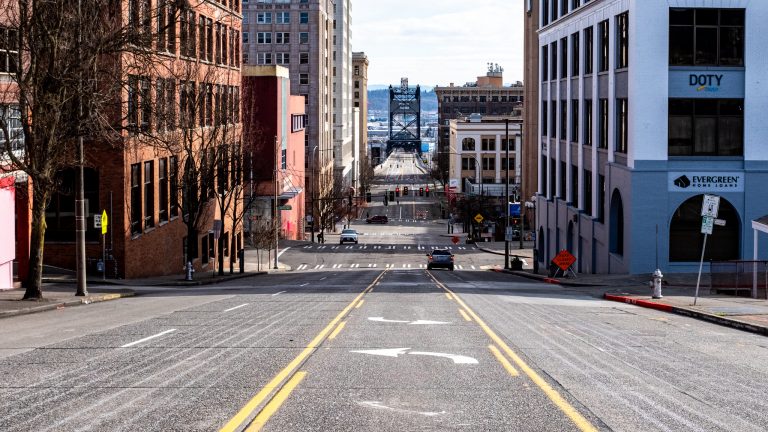I grew up in a city and region that didn’t have many answers for someone like me — the child of immigrants who grew up in a single-parent household. In spite of my formative experiences, I also came to appreciate all the ways that a city’s most vulnerable residents figure out how to thrive. In my writing, I strive to bring to bear the homegrown resilience of cities’ poor and marginalized to the top-down schemes and planning that drive most urban development. I bring this sensibility to much of my writing, recognizing that, like me, there are many who become active in the consequential conversations taking place in our region precisely because our cities have not always had answers to our questions.
As a columnist, my goal is to share some of the answers I find in my work as a scholar and through my walks with my readers up and down Puget Sound. Before writing for Crosscut, I wrote about Puget Sound for the Urbanist. There, I maintained a focus on Tacoma, the city I live in. Like other nearby cities, Tacoma is the focus of some of the same questions that echo across our region: Can I afford to stay? How do we grow sustainably and equitably? How do we make our city somewhere most people can thrive? While I retain a keen eye on the South Sound, my writing for Crosscut takes a more expansive view of the issues and opportunities facing our entire Northwest region.
So far, my Crosscut columns have covered “disaster parks” and the opportunities they present in our region, how we talk about police violence, and how neighbors talking to one another about what they want to see on their streets is a better alternative to top-down planning. Up next: a piece on street racing, traffic, and the car-obsessed culture that produces both.
Continue reading at Crosscut.
